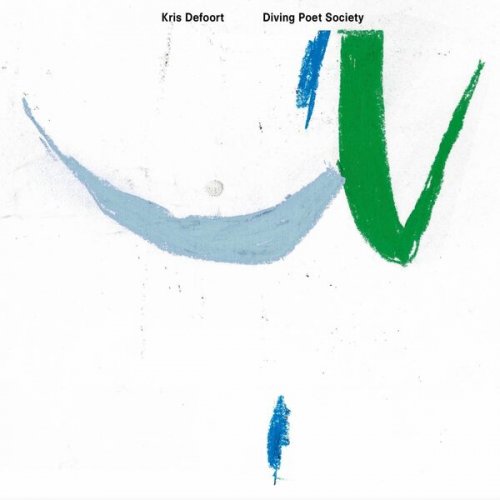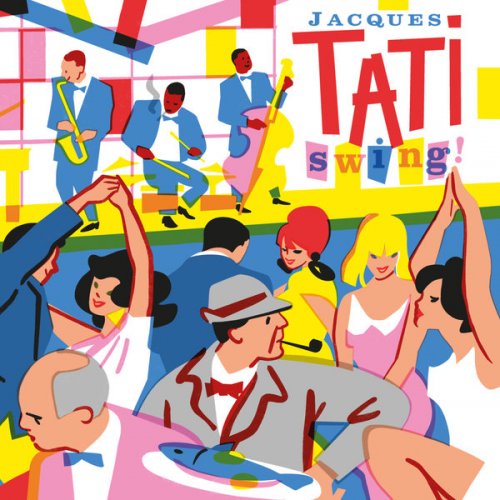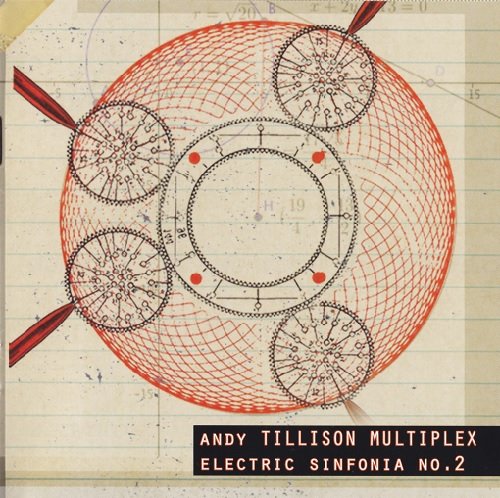Strawbs - Halcyon Days: The Very Best Of (The A&M Years) (Reissue) (1968-91//1998)
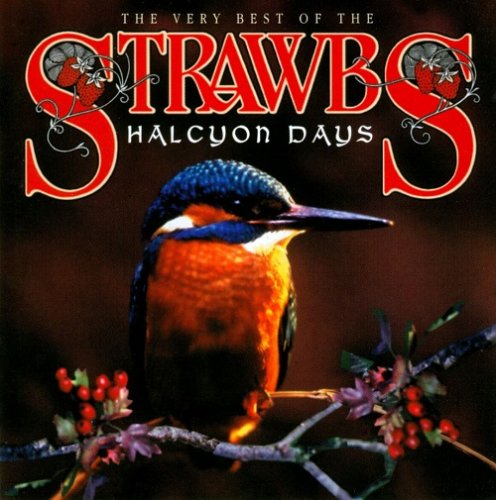
Artist: Strawbs
Title: Halcyon Days: The Very Best Of (The A&M Years)
Year Of Release: 1968-91//1998
Label: A&M
Genre: Psychedelic Rock, Folk Rock, Prog Rock, Art Rock
Quality: Mp3 320 / Flac (tracks)
Total Time: 02:36:58
Total Size: 389 Mb / 1 Gb (scans)
WebSite: Album Preview
Title: Halcyon Days: The Very Best Of (The A&M Years)
Year Of Release: 1968-91//1998
Label: A&M
Genre: Psychedelic Rock, Folk Rock, Prog Rock, Art Rock
Quality: Mp3 320 / Flac (tracks)
Total Time: 02:36:58
Total Size: 389 Mb / 1 Gb (scans)
WebSite: Album Preview
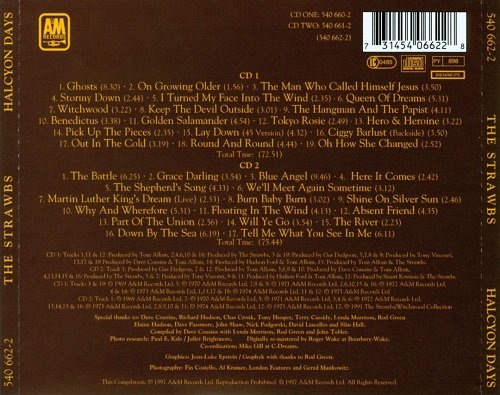
Tracklist:
CD 1:
01. The Man Who Called Himself Jesus
02. Where Is This Dream Of Your Youth? (1969 Album Version)
03. The Battle
04. The Weary Song
05. I Turned My Face Into The Wind
06. Forever
07. Song Of A Sad Little Girl
08. A Glimpse Of Heaven
09. Witchwood
10. Sheep
11. The Shepherd's Song
12. The Hangman And The Papist
13. Benedictus
14. Queen Of Dreams
15. Heavy Disguise
16. New World
17. 2 Weeks Last Summer
18. Blue Angel
CD 2:
19. Here It Comes
20. Part Of The Union
21. Tears And Pavan
22. The River
23. Down By The Sea
24. Lay Down
25. Autumn: Heroine's Theme/Deep Summer's Sleep/The Winter Long
26. Hero And Heroine
27. Midnight Sun
28. Out In The Cold
29. Round And Round
30. Medley: Ghosts (Sweet Dreams/Night Light/Guardian Angel)
31. Lemon Pie
32. Grace Darling
33. To Be Free
34. Hanging In The Gallery
35. The Promised Land
One of the better British progressive bands of the early '70s, the Strawbs differed from their more successful compatriots -- the Moody Blues, King Crimson, Pink Floyd -- principally in that their sound originated in English folk music rather than rock. Founded in 1967 as a bluegrass-based trio called the Strawberry Hill Boys by singer/guitarist Dave Cousins, the group at that time consisted of Cousins, guitarist/singer Tony Hooper, and mandolinist Arthur Phillips, who was replaced in 1968 by Ron Chesterman on bass. That same year, the group -- now rechristened the Strawbs, and doing repertory well beyond the bounds of bluegrass music -- briefly became a quartet with the temporary addition of Sandy Denny, who stayed long enough to record a relative handful of tracks with the group on the Hallmark label before joining Fairport Convention. In 1969, the Strawbs were signed to A&M Records, and cut their first album, the acoustic-textured Strawbs, that same year.
For their second album, Dragonfly, recorded and released the following year, the group broadened their sound with the presence of a group of session musicians, including piano/organist Rick Wakeman. Soon after the release of this record, the group became a full-fledged band with the addition not only of Wakeman but also Richard Hudson and John Ford, on drums and bass, respectively. These changes, coupled with Cousins' increasing dexterity on electric guitar, gave the Strawbs a much more powerful sound that was showcased on their next album.
The live Just a Collection of Antiques and Curios (1970) sold well, and was followed up the next year with From the Witchwood. In 1971, Wakeman left the Strawbs in order to join Yes; he was replaced by Blue Weaver formerly of the Amen Corner. Grave New World (1972) showed the band entering its strongest period, with Cousins' songwriting augmented by the new prowess of the composing team of Hudson and Ford. The record became their best-selling album to date. Unfortunately, its release also heralded the exit of Tony Hooper. He was replaced by Dave Lambert, a more aggressive, rock-oriented guitarist, and his addition brought the group into its peak period. The Strawbs' 1973 album, Bursting at the Seams, featured two Top Ten U.K. hits, "Lay Down" and "Part of the Union," and one album track, "Down by the Sea," racked up substantial airplay on American FM radio.
It was all too good to last, and it didn't. Blue Weaver left after one more tour, while Hudson and Ford exited to form Hudson-Ford, also signed to A&M. The Strawbs regrouped in 1974 with Hero and Heroine, recorded with a new lineup consisting of Cousins, Lambert, keyboardist John Hawken, bassist Chas Cronk, and drummer Rod Coombes. The new album was a critical and commercial failure in England, but proved popular in America. Their next two albums, Ghosts (1975) and Nomadness (1976), both did better in the U.S. than they did in the U.K. None of this was enough to sustain the group, however, which continued to lose members and also left A&M Records.
Two more albums on the Oyster label were poorly distributed and received, and one album for Arista, Deadlines (1978), was a failure, while a second record for the label was never released. The group ceased to exist at the end of the 1970s, and Cousins embarked on some solo projects in association with guitarist Brian Willoughby that attracted the interest of die-hard fans but few others. That might have been the end of the group's history, if it hadn't been for an invitation to play the 1983 Cambridge Folk Festival. The Strawbs responded, in the guise of Cousins, Hooper, Hudson, Ford, Weaver, and Willoughby, and the response was so favorable that a tour was scheduled, which, in turn, led to their return to America in the mid-'80s. The group followed this up with two new studio albums released in Canada.
In 1993, they released their own retrospective concert album, Greatest Hits Live!, which summed up many of the high points of their history. The group continued to play throughout the decade and into the following century, issuing a slew of live efforts and studio albums. The original lineup from the Hero and Heroine era returned to the studio in 2008 to record The Broken Hearted Bride, a return-to-form effort that solidified the band's staying power. In 2009, the group released Dancing to the Devil's Beat, while 2011's Hero & Heroine in Ascencia found Cousins and his bandmates revisiting the material from 1974's Hero and Heroine. After several years of touring in both acoustic and electric lineups, in 2017 the Strawbs released The Ferryman's Curse, their first studio album of original material in eight years.
For their second album, Dragonfly, recorded and released the following year, the group broadened their sound with the presence of a group of session musicians, including piano/organist Rick Wakeman. Soon after the release of this record, the group became a full-fledged band with the addition not only of Wakeman but also Richard Hudson and John Ford, on drums and bass, respectively. These changes, coupled with Cousins' increasing dexterity on electric guitar, gave the Strawbs a much more powerful sound that was showcased on their next album.
The live Just a Collection of Antiques and Curios (1970) sold well, and was followed up the next year with From the Witchwood. In 1971, Wakeman left the Strawbs in order to join Yes; he was replaced by Blue Weaver formerly of the Amen Corner. Grave New World (1972) showed the band entering its strongest period, with Cousins' songwriting augmented by the new prowess of the composing team of Hudson and Ford. The record became their best-selling album to date. Unfortunately, its release also heralded the exit of Tony Hooper. He was replaced by Dave Lambert, a more aggressive, rock-oriented guitarist, and his addition brought the group into its peak period. The Strawbs' 1973 album, Bursting at the Seams, featured two Top Ten U.K. hits, "Lay Down" and "Part of the Union," and one album track, "Down by the Sea," racked up substantial airplay on American FM radio.
It was all too good to last, and it didn't. Blue Weaver left after one more tour, while Hudson and Ford exited to form Hudson-Ford, also signed to A&M. The Strawbs regrouped in 1974 with Hero and Heroine, recorded with a new lineup consisting of Cousins, Lambert, keyboardist John Hawken, bassist Chas Cronk, and drummer Rod Coombes. The new album was a critical and commercial failure in England, but proved popular in America. Their next two albums, Ghosts (1975) and Nomadness (1976), both did better in the U.S. than they did in the U.K. None of this was enough to sustain the group, however, which continued to lose members and also left A&M Records.
Two more albums on the Oyster label were poorly distributed and received, and one album for Arista, Deadlines (1978), was a failure, while a second record for the label was never released. The group ceased to exist at the end of the 1970s, and Cousins embarked on some solo projects in association with guitarist Brian Willoughby that attracted the interest of die-hard fans but few others. That might have been the end of the group's history, if it hadn't been for an invitation to play the 1983 Cambridge Folk Festival. The Strawbs responded, in the guise of Cousins, Hooper, Hudson, Ford, Weaver, and Willoughby, and the response was so favorable that a tour was scheduled, which, in turn, led to their return to America in the mid-'80s. The group followed this up with two new studio albums released in Canada.
In 1993, they released their own retrospective concert album, Greatest Hits Live!, which summed up many of the high points of their history. The group continued to play throughout the decade and into the following century, issuing a slew of live efforts and studio albums. The original lineup from the Hero and Heroine era returned to the studio in 2008 to record The Broken Hearted Bride, a return-to-form effort that solidified the band's staying power. In 2009, the group released Dancing to the Devil's Beat, while 2011's Hero & Heroine in Ascencia found Cousins and his bandmates revisiting the material from 1974's Hero and Heroine. After several years of touring in both acoustic and electric lineups, in 2017 the Strawbs released The Ferryman's Curse, their first studio album of original material in eight years.
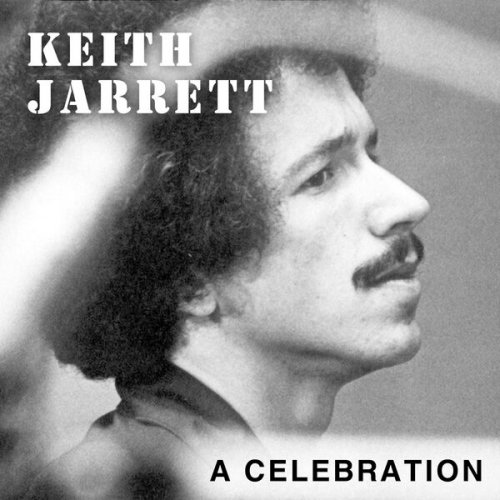
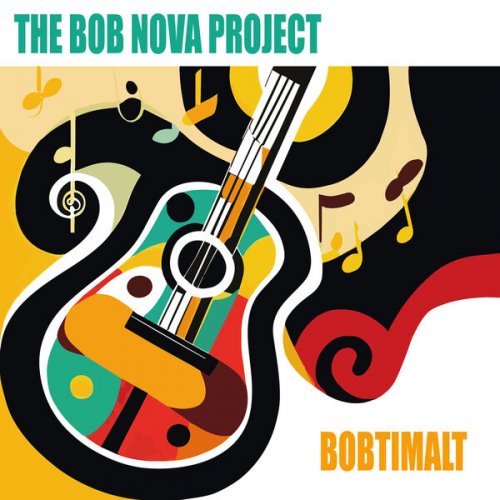
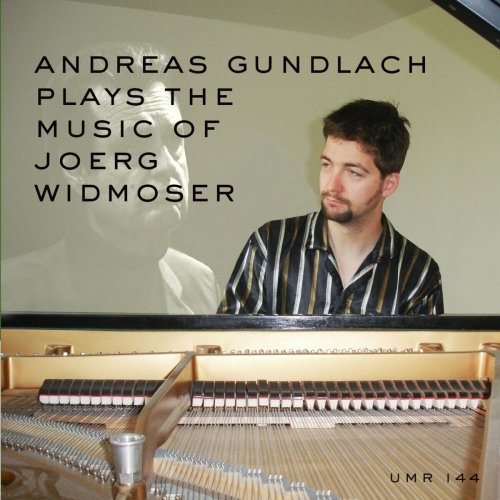
![+Verb - Symbiose (2024) [Hi-Res] +Verb - Symbiose (2024) [Hi-Res]](https://www.dibpic.com/uploads/posts/2024-05/1715318324_a1107663753_10.jpg)
![Maha Pudma - Loving Aquarius (2024) [Hi-Res] Maha Pudma - Loving Aquarius (2024) [Hi-Res]](https://www.dibpic.com/uploads/posts/2024-05/1715507184_a3548718062_10.jpg)
